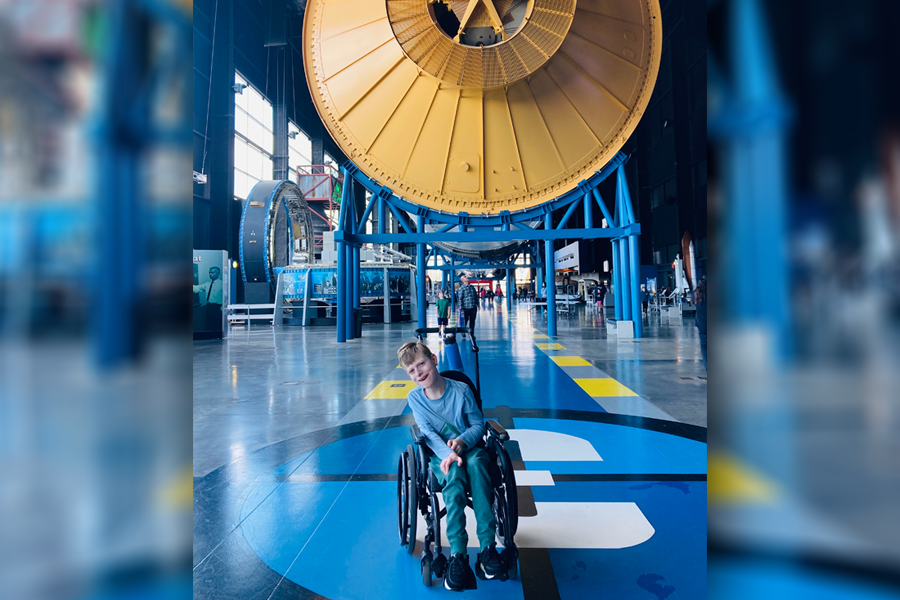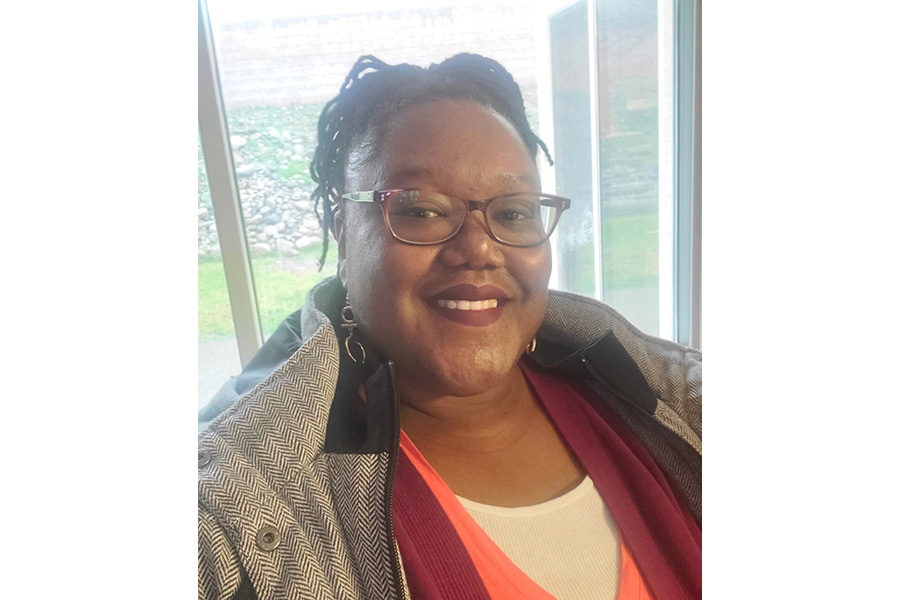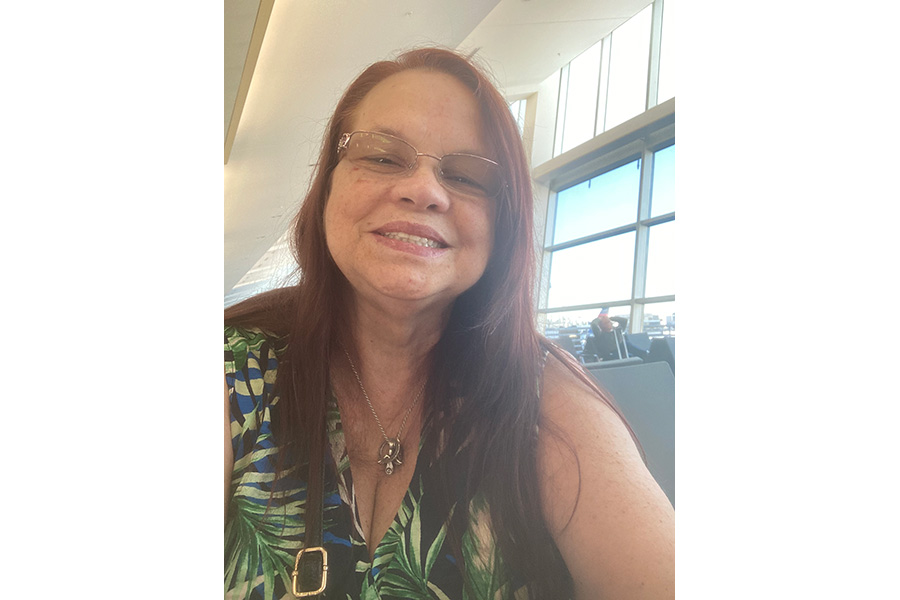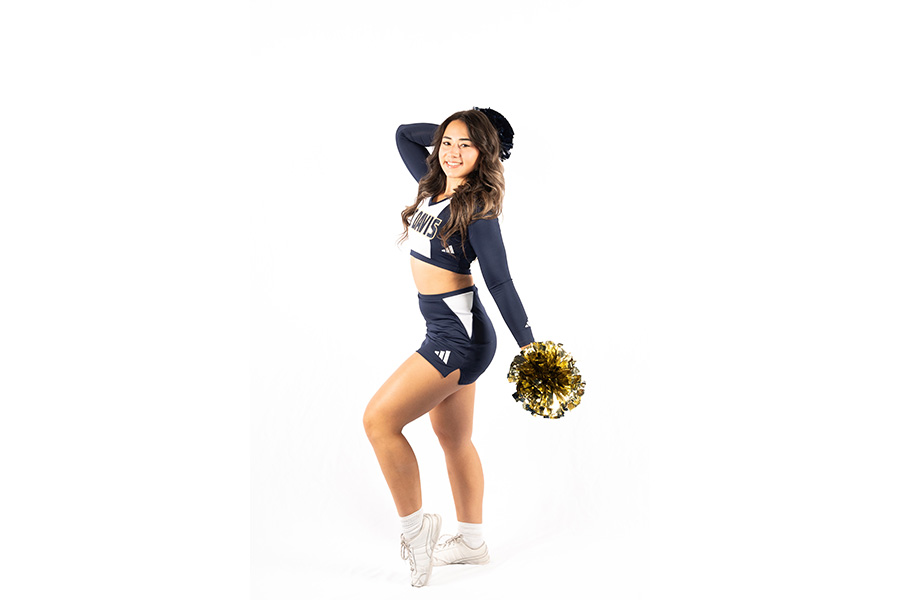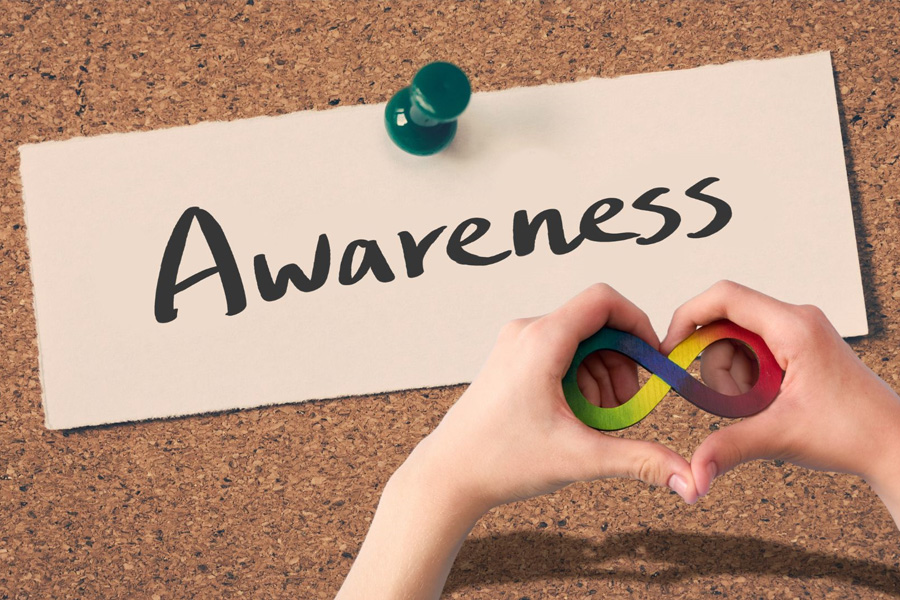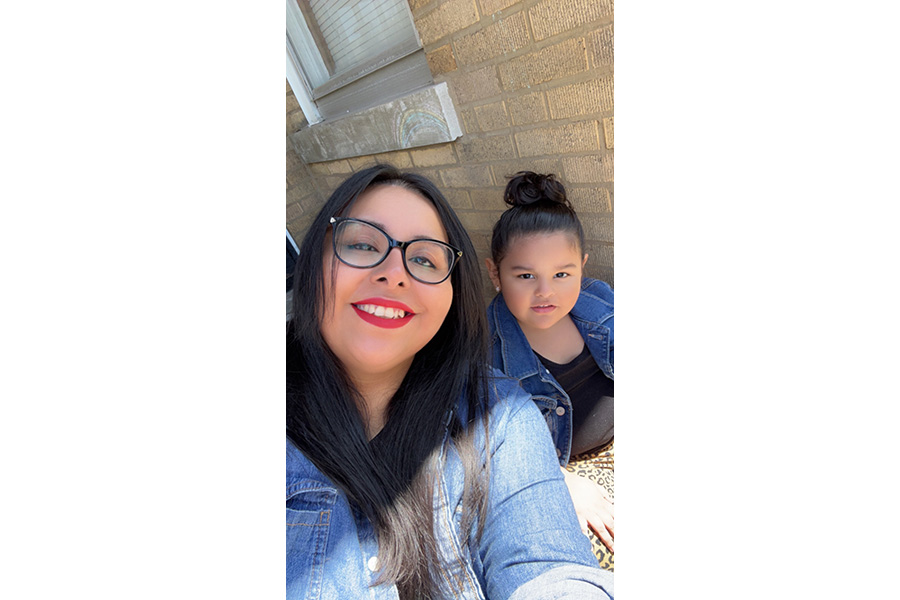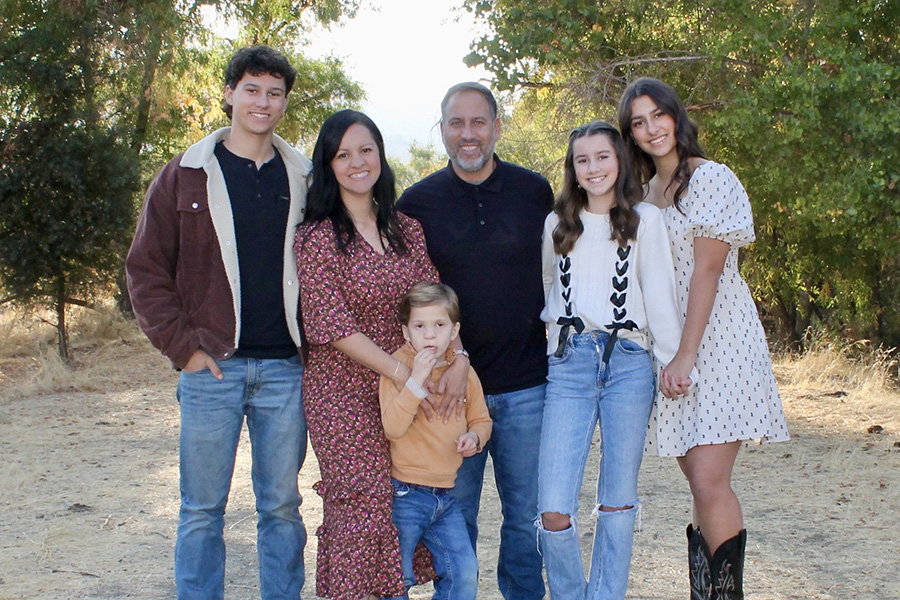Outer Space Taught Me How to Zoom Out
On an incredibly frigid weekend in March, my spouse and I decided that the only thing to soothe our winter-weary hearts was to pack up the van and head out on an adventure. At this point in their lives at ages nine and eleven, my kids know that when I say “adventure” it could mean anything from a walk to Walgreens for Cheetos to — in this case — an impromptu road trip. We needed to be together, but we needed to be together in a new environment so that we remembered what we liked about each other. So we hit the road and headed south to Alabama.
Alabama was no warmer than our home in Tennessee, but it did hold something Tennessee did not: the U.S. Space and Rocket Center. One of my nine-year-old twins is obsessed with all things space. He can name all the planets and dwarf planets and the classifications of galaxies including ellipticals, lenticulars, and irregulars, if you ask him. Please don’t. You will be there for a while. I knew this would be his jam and that his sister is always up for a bribe at the gift shop. My oldest, Charlie, however, is the wild card. Some “adventures” have more sensory triggers than others. One fieldtrip to a farm ended in him riding the bus home early because of the too-loudly crowing rooster. Some trips also aren’t as accessible as they claim. Gravel paths and wheelchairs don’t mix. However, I wanted this experience for him as much as his siblings. If we never do the new thing, whatever the thing is, I will never know if it might be wonderful for him.
It was the planetarium that did it. That show won Charlie’s heart with its stadium seats and endless bags of extra buttery popcorn and narrator/space expert who crouched right next to him with the microphone during her presentation. He clapped as we hopped from planet to planet and did not once point towards the exit, urging us to go. He was over-the-moon in love with space (pun intended). I watched him more than the show.
Towards the end, after we’d gone through all the planets and debated the demotion of Pluto to a dwarf planet, our host zoomed all the way out of the Milky Way galaxy and out again and again and again until the entire rounded ceiling was a firework display containing multitudes. It was the first time in my life I felt how big the universe is, and in juxtaposition, just how small I am.
I often catch myself zooming in too close on Charlie — on what would make his life easier (a foldable wheelchair, new physical therapy, a new bedroom with more space) and on what is not working (the updates on his speaking device, the lack of variety in his snacks, the fraying Velcro on the bathing chair). It gets me angsty and frustrated with all I’m wishing for him.
I lose sight of his multitudes. I forget the thing about him that makes everyone who meets him want to know him better. It doesn’t have a name or an adjective. “Happy,” “charismatic,” “magnetic,” – none of these words fully capture it. It’s too big to pin down. I forget the Charlie-ness of Charlie. A space center in Alabama reminded me.
When it comes to our children’s needs, it’s easy to forget the big picture. We get lost in the minutiae. But if for a moment we could zoom out, we’d find the mystery and magic that is them. It’s not a perspective you can hold forever, of course. You’ve got to still make lunch and file insurance claims. Every now and then though, it’s nice to stand back and appreciate their awesomeness in the most literal awe-inspiring sense of the word.

Jamie Sumner is a special needs mom and author.
Jamie-Sumner.com
Author of the middle-grade novels:






